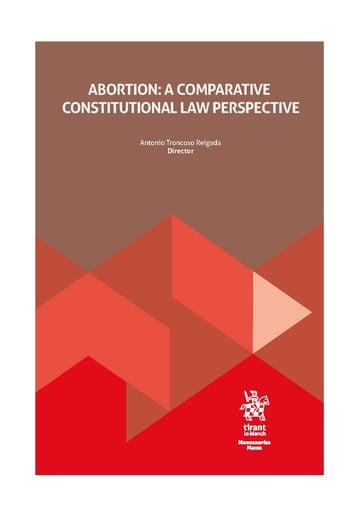There is a plurality of legislation and jurisprudence on the voluntary termination of pregnancy in Europe. Many countries have made progress in the recognition of the right to abortion and have offered a perspective of normalisation of this issue. At the same time, the approach to abortion as a right has also been met with resistance in other countries. Abortion is therefore subject to broad social debate
around the world. The Francisco de Vitoria University of Madrid, through the Global Common Good Center and the Open Reason Institute, organised the Seminar "Abortion: A Comparative Perspective" on 14 and 15 October 2024. This Seminar aimed to offer society a different constitutional perspective on this issue to enrich the debate.
This book contains the contributions of different professors which were presented at the seminar. It discusses the abortion legislation of the different countries and the doctrine of their Constitutional Courts: Germany, Spain, the USA, the United Kingdom, France, Hungary, Italy, Portugal and Poland. Finally, the book studies abortion in the jurisprudence of the European Court of Human Rights and freedom
of conscience and delivers an analysis from an expanded reason perspective.
While the dignity of the person, the right to life and the free development of a woman's personality are the basis of the discussion on the legitimacy of voluntary termination of pregnancy, in general, however, human rights are dependent on specific anthropological conceptions, if not ideological choices. Therefore, the first reflection must be to affirm the practical preference of the democratic principle over ethical reflection. It is the responsibility of the different political majorities and minorities to approve the legal frameworks that determine the preference of conflicting rights. A second reflection would be to highlight the importance of continuing to work on arguments. The truths about the human being must also be sought through debate and rational dialogue about what is just and what is unjust.

 Continuar con Google
Continuar con Google Continuar con Facebook
Continuar con Facebook
